|
This resource from the White House was provided to state governors on April 16, 2020, during a phone call about next steps for the country. The document outlines guidelines for reopening the states as the coronavirus pandemic eases. It's unclear how these plans may change in the future. Download the PDF below.
TWFG Tony Voiron | Our Policy is Caring! | (504) 322-7299
0 Comments
The safest and most efficient way to communicate with your TWFG Agent and access your Insurance Policy Information.
Follow the step by step instructions below to get you started. Download Our App:
Once Downloaded:
Setup Your Access:
Once Logged in, You Can:
For more information about the mobile app, please contact TWFG Tony Voiron. Given the implications of the coronavirus (COVID-19) outbreak, countless employees across a variety of industries are working remotely. While this allows businesses to remain operational, it can create a number of risks, particularly for those who fail to take the proper precautions.
Above all, information security is one the greatest challenges for companies allowing remote work during the COVID-19 outbreak. When an employee is at the office, their work is protected by safety standards that keep your company’s network and data secure. However, an employee working from home may not have the same safety measures in place to protect your organization’s devices and information. In order to safeguard your business and employees from data breaches, cyber scams and viruses, consider the following strategies:
For additional protection, employers should consider backing up data and bolstering network protections as best as they can. For cyber security insurance or guidance, contact TWFG Tony Voiron Inland marine insurance was once used strictly in the ocean marine industry to protect against property losses before, during and after water transfers. As the non-ocean aspect of the cargo journey developed, cargoes were transferred to barge, and the term “inland marine” was created. These policies became known as “floaters” because the property covered was originally floating in the ocean.
In the modern insurance industry, inland marine coverage provides protection to fill any gaps in commercial property protection or to reach specific limits of coverage. Industry-Specific Coverage Inland marine insurance can provide specific coverage by industry to protect against a wide array of exposures:
Additional Resources Consult TWFG Insurance - Voiron Insurance Services, LLC today to learn more about inland marine insurance to protect items that seem to fall between the lines of your current coverage. We have the expertise to help you to mitigate your risks and protect your bottom line. According to the Centers for Disease Control and Prevention (CDC), coronaviruses are common in animal species, and most don’t affect humans. As of now, only seven different coronaviruses are known to infect humans. In their lifetime, most people will be infected with at least one common human coronavirus.
What are the symptoms of coronavirus? Common coronaviruses typically cause mild to moderate upper-respiratory tract illness, and those affected exhibit cold-like symptoms. The most common symptoms include:
How is coronavirus diagnosed? If you’re exhibiting coronavirus symptoms, you should call your doctor, especially if you’re experiencing symptoms and have traveled to countries where outbreaks have been reported. Your doctor will likely order a lab test to detect coronavirus. Be sure to disclose any recent travel to your doctor. Deadly Outbreaks of Coronavirus The 2019 novel coronavirus, as well as two other human coronaviruses, have caused severe symptoms. In 2012, the Middle East Respiratory Syndrome Coronavirus (MERS-CoV) outbreak caused severe illness—nearly 4 out of 10 people infected died. The severe acute respiratory syndrome coronavirus (SARS-CoV), which was first reported in Asia in 2003, spread to two dozen countries, infected 8,098 people and caused 774 deaths before it was contained. How can I prevent coronavirus infection? Most common cases of coronavirus occur in the fall and the winter, but can happen at any time throughout the year. Unfortunately, there is not a vaccine that can protect you from human coronavirus infection. However, because human coronavirus is believed to be spread through person-to-person contact, the CDC recommends the following prevention strategies:
For more information about coronavirus visit the CDC here. Each year, the Occupational Safety and Health Administration (OSHA) tracks and shares its most frequently cited standards. OSHA hopes that by releasing this enforcement data, businesses will take steps to identify and address potential safety issues. For the 2019 fiscal year, the 10 most frequently cited standards from 2018 all remained on the list, although their order changed slightly. The following list includes more information on the most common citations during the 2019 fiscal year. Top 10 OSHA Violations 1. Fall Protection (29 CFR 1926.501) Fall protection topped the list of most frequently cited OSHA standards for the ninth consecutive year. Falls from ladders, roofs and other heights continue to be the leading cause of injuries at work, so identifying fall hazards and making sure that you are doing everything in your power to protect your workers should be a top priority. Some safety precautions that you should always consider implementing include guardrails, safety nets and personal fall protection systems. It is important that employees are properly trained in the use of this equipment and that your workplace also has good general safety practices. 2. Hazard Communication (29 CFR 1910.1200) Hazard communication has been in the No. 2 spot on this list for several years. OSHA standards require that businesses keep track of hazardous chemicals in the workplace in order to keep their employees safe. This standard applies to chemicals either produced or imported into the workplace. Companies are often cited for failing to develop or maintain a proper written training program, inadequate training and not providing safety data sheets for each hazardous chemical that employees will be dealing with. 3. Scaffolding (29 CFR 1926.451) Scaffolding violations have been toward the top of OSHA’s most frequently cited standards throughout the past decade. Many scaffolding violations stem from a lack of guardrails, improper decking and supported scaffolds being positioned on inadequate foundations. 4. Lockout/Tagout (29 CFR 1910.147) Lockout/tagout (LOTO) moved up to the fourth-most cited OSHA standard for the 2019 fiscal year from fifth in 2018. LOTO refers to safety procedures and practices used to prevent machinery or equipment from unexpectedly starting and potentially injuring employees. Employers were often cited for inadequate training, not regularly evaluating their procedures and for notestablishing an energy control procedure at all. Employees who use mechanical or electrical equipment face the greatest risk of injury if LOTO is not properly implemented. 5. Respiratory Protection (29 CFR 1910.134) OSHA standards require employers to establish and maintain a respiratory protection program. Proper respiratory protection helps to keep employees safe from hazards such as oxygen-deficient environments and harmful dusts, fogs, smokes, mists, gases, vapors and sprays. Such hazards can lead to cancer, lung problems and death. In 2019, employers were frequently cited for failing to provide medical evaluations, not conducting required fit testing and not having an established program. 6. Ladders (29 CFR 1926.1053) Ladder violations often stem from inadequate siderails for a landing surface, use of defective ladders, improper use and using the top rung of the ladder as a step. The main factors that lead to injuries are a lack of training and a disregard for safe ladder practices. 7. Powered Industrial Trucks (29 CFR 1910.178) Each year, thousands of workers are injured in accidents involving powered industrial trucks—especially forklifts. Many of these injuries occur when trucks are driven off loading docks, or fall between docks and unsecured trailers. Injuries also often stem from being struck by lift trucks or falling from elevated pallets and tines. Common violations included defective or damaged trucks not being removed from service, failing to evaluate operators every three years and failing to retain certification. 8. Fall Protection Training Requirements (29 CFR 1926.503) OSHA standards require employers to train employees on identifying potential fall hazards and fall protection procedures. Employers were often cited for not providing training to employees, not certifying the training in writing, and inadequate training or retraining. According to OSHA, training should include the use of fall protection methods such as guardrails, safety nets and personal fall arrest systems, and employers should also verify that employees completed the training by keeping written certification records. 9. Machine Guarding (29 CFR 1910.212) Moving machine parts can cause serious workplace injuries, such as amputations, crushed fingers or hands, burns and blindness. Proper machine guarding is an important part of reducing these risks. Failing to guard points of operation, ensure that guards are securely attached and properly anchor fixed machinery were among the common violations for this standard. 10. Eye and Face Protection (29 CFR 1926.102) Eye injuries cost employers millions of dollars each year due to medical expenses, workers’ compensation and lost production time. It is important that employees are provided with appropriate eye and face protection to stay safe from chemical, mechanical, environmental and radiological hazards. Common violations include not providing adequate protection in environments with flying objects, caustic hazards, gases and vapors, as well as failing to provide equipment with side protection. TWFG Tony Voiron | (504) 322-7299 | www.twfglouisiana.com Commercial Insurance - Workers Compensation Insurance - Metairie, LA - New Orleans, LAYour credit score is one of the most influential factors when it comes to financial outcomes in your life. Most people know that their credit scores affect their ability to obtain a mortgage or loan. What’s more, most people understand that the interest rates they pay on loans is tied to their credit scores. However, there are even more aspects of your life that are influenced by your credit score.
In fact, your insurance premiums can be directly affected by your credit score, which means that if your score isn’t great, you’ll be paying more for your coverage. Insurance Scores Many insurance companies use your credit score to generate a credit-based insurance score that is then used as a factor in determining your premiums. Credit-based insurance scores and your credit score are not the same thing. Insurance scores focus on only some factors of your credit history in order to gain an indication about how you manage risk. Factors that may be used include: • Payment history • Amount of debt • Length of credit history • Recent applications for new credit • Types of credit you have In some states, insurance companies are limited in whether they can use credit-based insurance scores and, if so, to what extent. While influential, credit-based insurance scores are only one factor in a company’s process of determining your premiums. Auto insurance companies, for example, could consider factors such as your location, age, the model and age of your vehicle, and how much you drive. Improving Your Score The easiest way to improve your credit-based insurance score is to increase your actual credit score. A healthier credit score can lead to lower premiums and put money back into your pockets. In addition, the higher your credit score, the better terms you will receive on loans and credit cards. As such, having a good credit score is helpful not only for the present, but also for your financial future. Some steps that you should consider taking to improve your credit score include: • Be punctual—Paying your bills on time is a key factor in maintaining or improving your credit score. • Pay it back—Reducing the amount of overall debt that you have is a good way of improving your score. • Keep it open—Paying off a credit card feels great, but even if you don’t owe any money, you should still keep the account open. • Limit new debt—Keep the amount of applications you make for new credit to a minimum. • Maintain balance—Having a wide variety of types of credit, such as a mortgage, auto loan, credit card and personal loan can contribute positively to your credit score. Looking for affordable insurance in Metairie or New Orleans Louisiana? Call TWFG Tony Voiron (504) 322-7299. Car owners often assume that if their car is totaled, it will be replaced at the amount they paid, or at least the amount they owe. However, that’s not always the case — learn why and what you can do to protect yourself.
Is Gap Coverage Right for You? Guaranteed asset protection, or gap insurance is an optional automobile coverage that helps you transfer the financial risk if you are involved in an auto accident and you owe more for your vehicle than the amount that it’s worth. This is referred to as being “upside-down.” Since a new car’s value drops significantly the minute it’s driven off the lot, if you are involved in an accident that totals your vehicle in the first few years you own your vehicle, you may find yourself owing the finance company more than the vehicle’s actual value. Gap insurance provides for the “gap” between the two amounts. Is Gap Insurance for Everyone? New vehicle financing options: If you took advantage of a zero percent down payment deal or put a small amount of money down, or stretched the life of your loan past 3 years, gap insurance is most likely a good idea. That’s because the vehicle typically depreciates considerably faster than you have paid down the value on your vehicle’s loan. Used vehicles: Gap insurance is typically not available for used vehicles. To cover your risk, it’s wise to put down an ample down payment and finance the vehicle for the shortest possible time-frame. Leased vehicles: For those who lease a vehicle, gap insurance is considered an essential coverage because typically there is no trade-in and little cash put down to lease the vehicle. Similar to purchasing a vehicle, if the car is a total loss, you will owe the difference between what you have paid and what you owe on the balance of the lease. Cost versus benefit: Gap insurance is offered for a nominal fee, which makes it a great value for anyone who finances or leases a new car. We’re Here to Help Depending on your vehicle’s make, model and loan terms, we can help you determine if gap insurance is the right choice for you. If you’re purchasing a new vehicle, contact TWFG Insurance - Voiron Insurance Services, LLC at 5043227299 to learn about how gap insurance can complement your auto policy coverage options and keep you from getting caught upside-down! Top Ways to Save on Your Auto Premium: Consider raising your deductible. Keep up your good driving record. Drive less to qualify for a low-mileage discount. Drive a car with safety features such as anti-lock brakes and airbags. Install an anti-theft device. Ask about our multi-policy discounts. TWFG Insurance - Voiron Insurance Services, LLC www.twfglouisiana.com 504-322-7299 Did you know that children are more than twice as likely to be hit by a car and sustain fatal injuries on Halloween than on any other day of the year? In 2017, October ranked No. 2 in motor vehicle deaths by month, with 3,700.
Kids love the magic of Halloween: Trick-or-treating, class parties and haunted houses. But for parents there is a fine line between Halloween fun and safety concerns, especially when it comes to road and pedestrian safety. In 2017, 7,450 pedestrians died in traffic or non-traffic incidents, according to Injury Facts. Non-traffic incidents include those occurring on driveways, in parking lots or on private property. 18% of these deaths occurred at road crossings or intersections. Lack of visibility because of low lighting at night also plays a factor in these deaths. Costume Safety To help ensure adults and children have a safe holiday, the American Academy of Pediatrics has compiled a list of Halloween safety tips.
When They're on the Prowl
Safety Tips for Motorists
Source: National Safety Council When you’re a small business owner, you’re in charge of your own livelihood. So what would you do if an unforeseen threat came along that put your assets and investments in danger?
Carrying the right insurance can protect you from things like theft, litigation and more. At TWFG, we understand your needs and will make sure you get the right policy at the right price. Here’s what to know about the coverage that’s available (and if you don’t own a small business, you can share these tips with a friend who does): General and Professional Liability Businesses that give advice, make recommendations or provide physical care need professional liability insurance. Also, if a customer is injured on your property or claims your product or service harmed them, general liability insurance can protect you. Essentially, liability insurance will pay for any judgment against you (up to the policy limit) and cover your legal expenses. Property and Auto Insurance protects the structure and contents of your business property. Even if you lease space, you’ll want insurance to cover what’s inside. Vandals, fire, water and other destructive forces could damage your furnishings, inventory and machinery. Insurance provides funds to fix and replace what’s lost so you can get up and running again. One more thing: Does your company own vehicles? If so, you need a business auto policy in case of an accident. Workers’ Compensation Even though you do your best to ensure a safe workplace, serious injuries can happen due to commonplace accidents like falling off a ladder or slipping on a floor. If an employee is injured on the job, workers’ compensation can help replace their lost wages. Next Steps These are just some of the coverage types we offer to small businesses. If you’re looking to improve coverage or buy it for the first time, give us a call. We’ll help you build the best policy. TWFG Tony Voiron (504) 322-7299 |
AuthorWrite something about yourself. No need to be fancy, just an overview. Archives
April 2020
Categories |
||||||
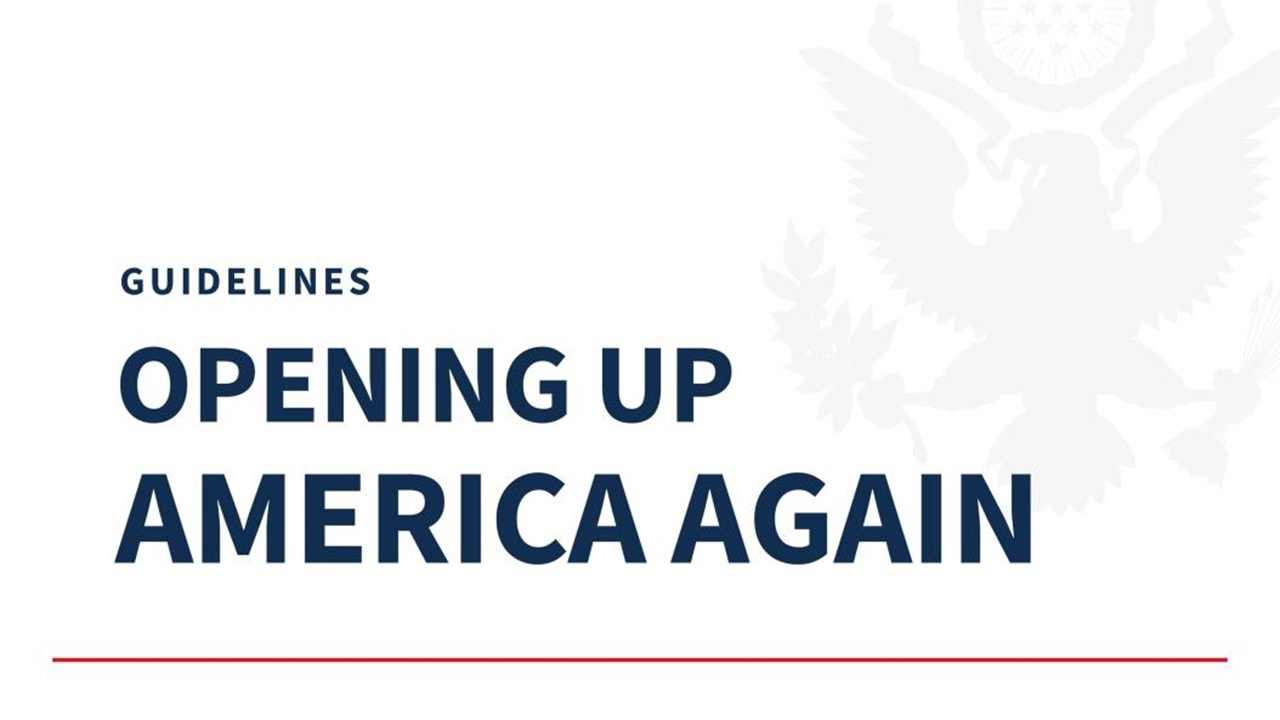
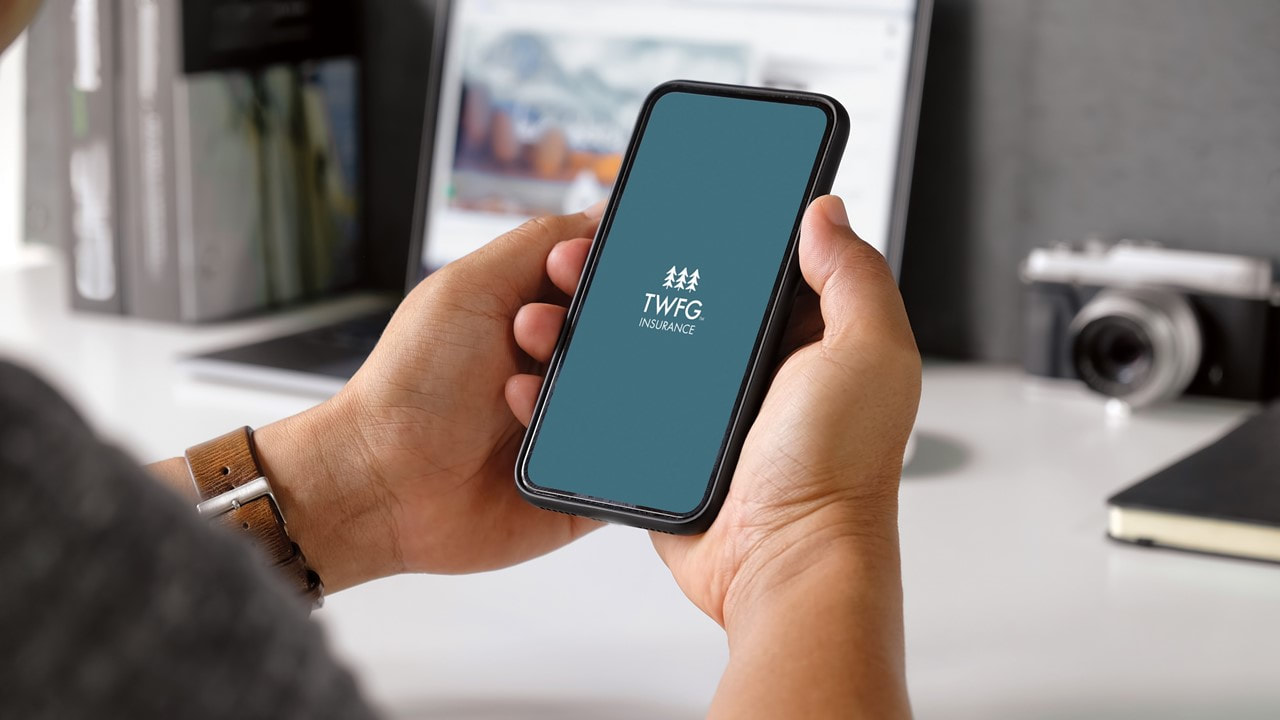

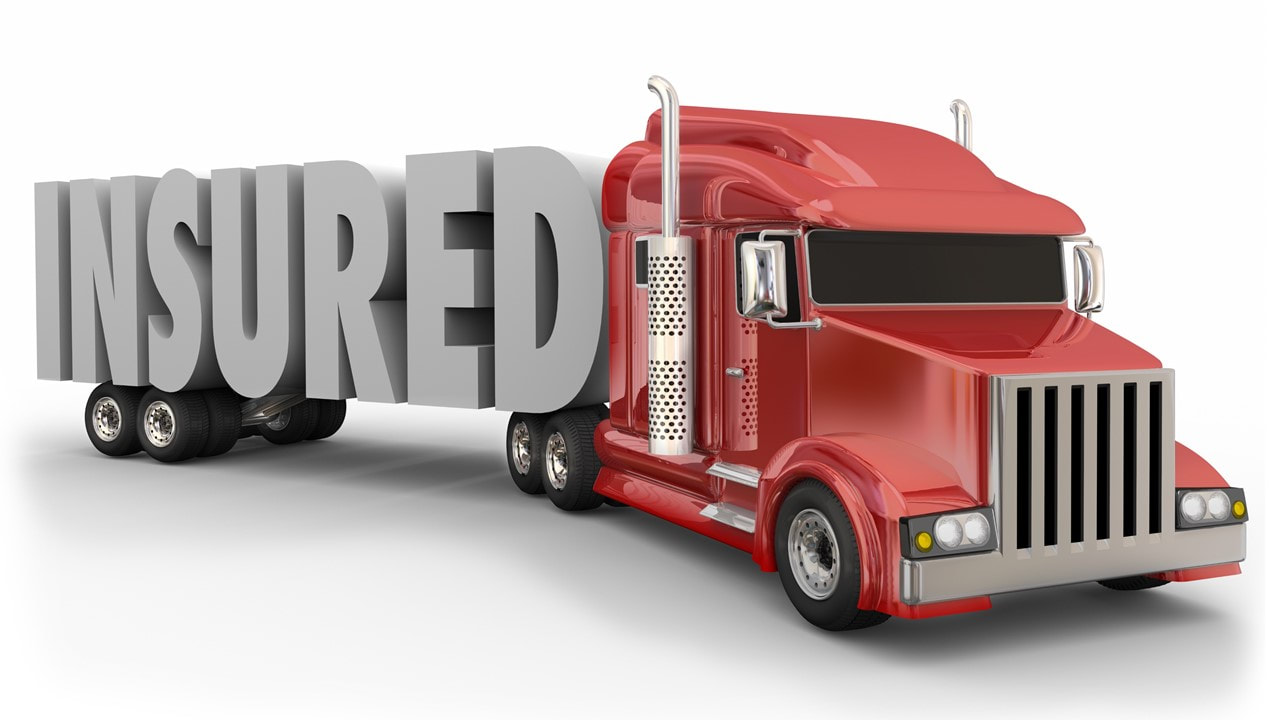
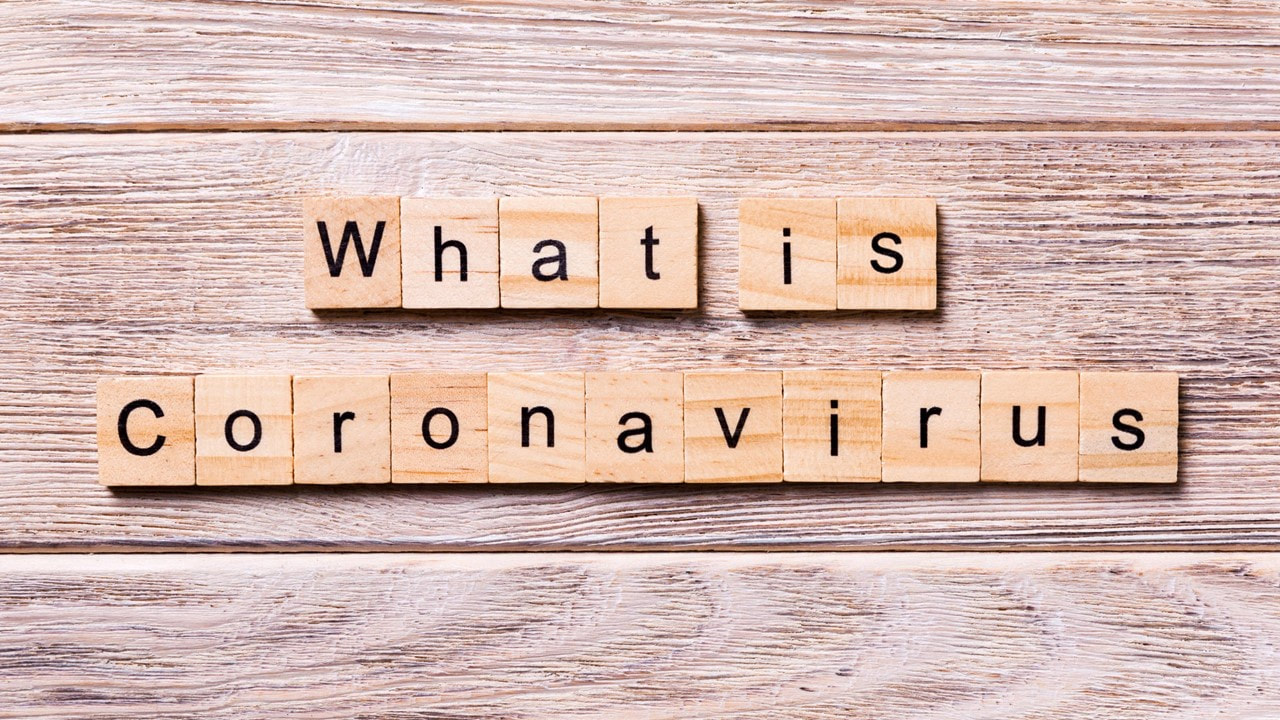
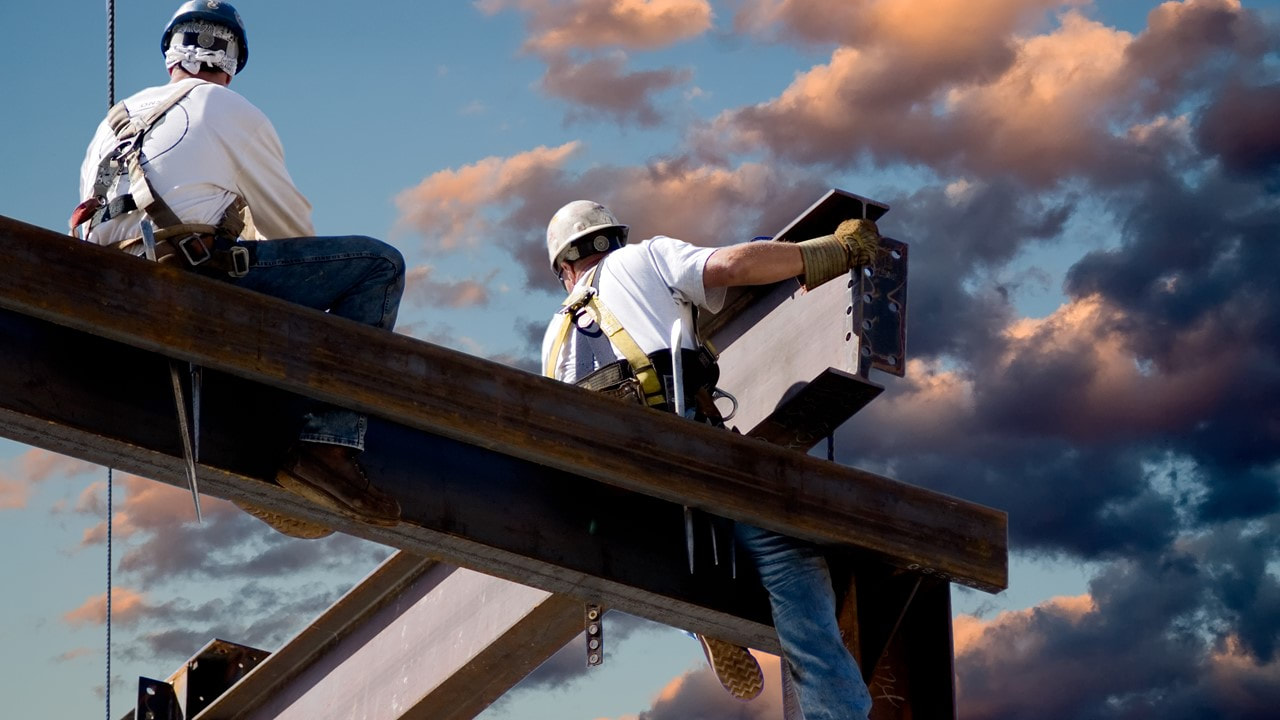




 RSS Feed
RSS Feed